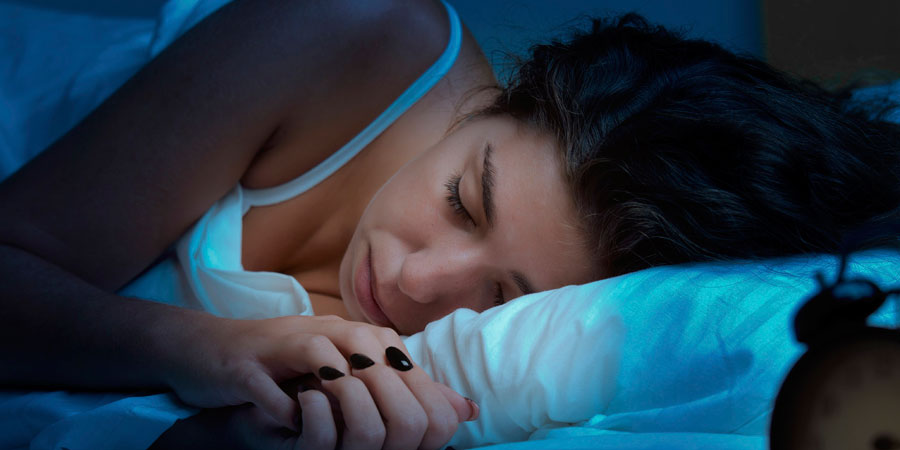The amount of sleep an athlete gets impacts their reaction time, attention and focus, physical recovery and injury proneness. The body restores itself during sleep, so it is necessary for recovery from intense training. A person who is sufficiently well-rested will not waste any resources on staying awake or straining to stay focused and alert. Thus, their body and their mind can focus solely on their athletic performance.
Insufficient sleep leads to fatigue, and even small amounts of fatigue can significantly reduce reaction time and degrade athletic performance. A 2000 study showed that pulling an all-nighter has a similar effect on reaction time as having a blood alcohol level of .05% – either scenario can cut reaction times by half.
Sleep is essential to athletic recovery
During sleep is when both your muscles and central nervous system recover from the activity of the day before. Your central nervous system is responsible for things like muscle contractions, response to pain and reaction time—all things important for athletic performance. Additionally, muscle recovery is when most of your Human Growth Hormones are released, which is necessary for muscle growth and sustained performance.
Lack of sleep lengthens an athlete’s immediate recovery time, but has detrimental long-term effects as well. In fact, if sleep issues are not addressed, they have the power to cut an athlete’s career short. In 2013, a study published in the American Academy of Sleep Medicine followed 80 Major League Baseball players over a period of three seasons. Their sleeping habits were recorded before the start of the 2010 season and ranked according to the Epworth sleepiness scale. Players who scored high for sleepiness were less than 40 percent likely to still be playing three seasons later, as compared with 72 percent of players who scored low on sleepiness.
Sleep, stress, and mental focus for athletes
Whether you get sufficient sleep affects more than just your physical performance. Lack of sleep also impacts an athlete’s mental focus, mood, and stress levels.
Anyone involved in endurance sports understands the power of a positive mindset. High performance athletes and Olympians frequently attribute part of their success to a strong visualization practice and positive attitude. Sleep deprivation has a strong impact on mood and can cause irritability that interferes with an athlete’s ability to think positive and “keep their head in the game.”
Studies indicate that sleep deprivation is linked to increased levels of cortisol, the stress hormone. Athletic performance already causes undue amounts of stress – adding to it is anything but helpful. Competitive athletes often have sleep onset insomnia before an important event, due to nervousness.
In Major League Baseball, “strike-zone judgment” or “plate discipline” refers to a player’s tendency to swing at pitches outside the strike zone. One might expect that over the course of a season, a player’s judgment would improve, since they have more practice, games, and at-bat time under the belt. However, one study of 30 teams found that players showed worse judgment at the end of the season due to mental fatigue from a long season filled with lots of travel.
Do athletes require more sleep?
Research shows that athletic performance improves with sufficient sleep. Rested athletes are faster, more accurate, and have a quicker reaction time.
Stanford University’s Sleep Disorders Clinic and Research Laboratory has studied athletes from basketball, track and field, tennis, golf, and cross country. The evidence, usually based on small sample sizes, suggests more sleep results in improved physical performance.








